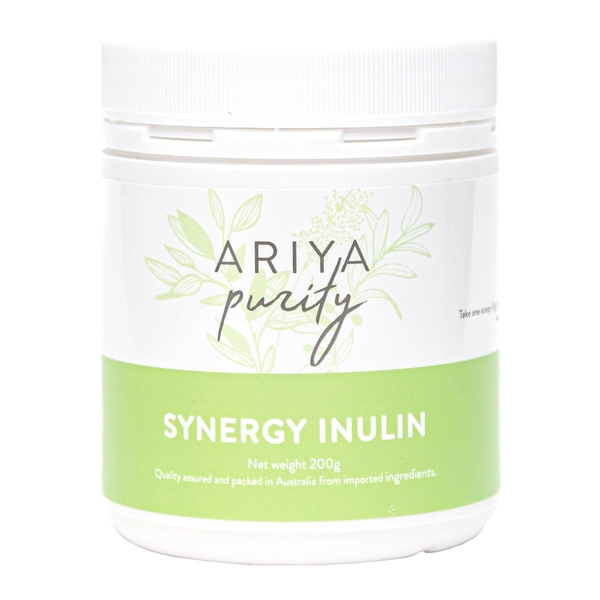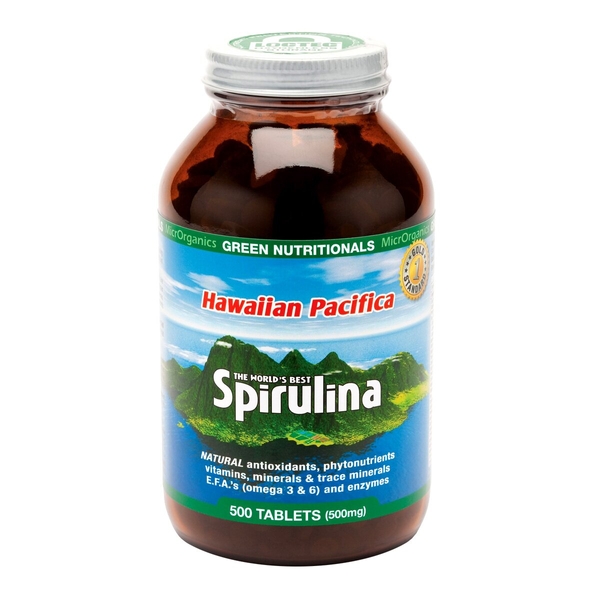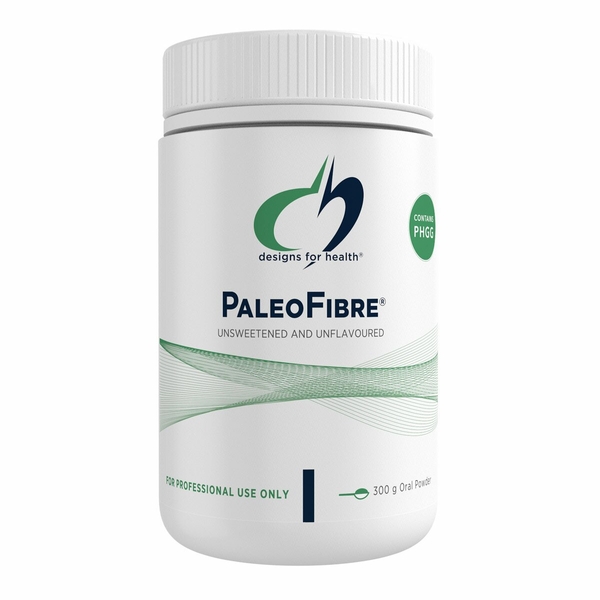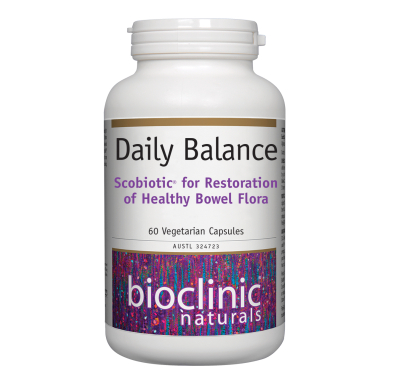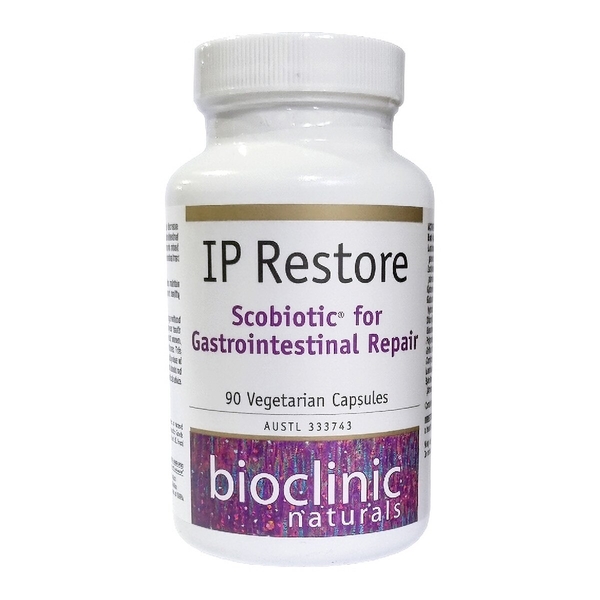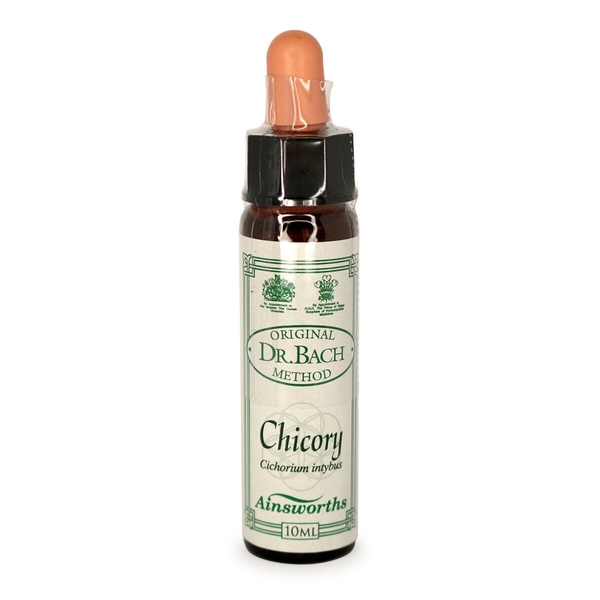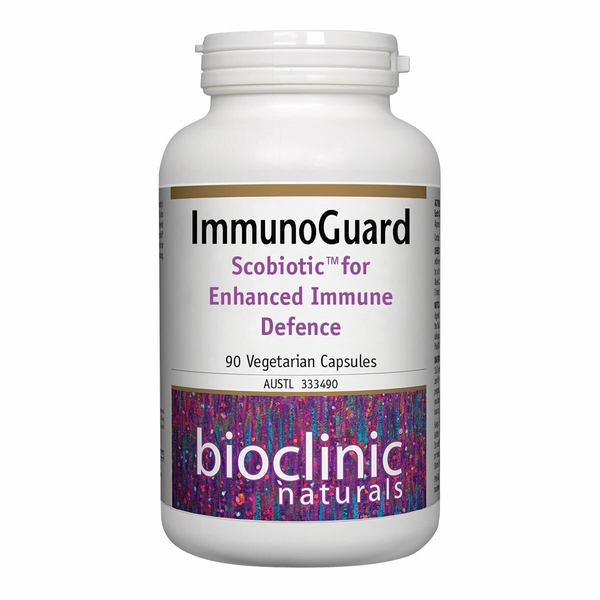
Chicory
Scientific names: Cichorium intybus
Family: Asteraceae/Compositae
Alternate names: Achicoria, Barbe de Capucin, Blue Sailors, Cheveux de Paysans, Chicorée, Chicorée Amère, Chicorée Sauvage, Cichorii Herba, Cichorii Radix, Common Chicory Root, Écoubette, Hendibeh, Herbe à Café, Hinduba, Kasani, Kasni, Racine de Chicorée Commune, Succory, Wild Chicory, Wild Endive, Yeux de Chat
Actions: Analgesic, Antiallergic, Antidiabetic, Anthelmintic activity, Anti-inflammatory, Antimalarial, Antimicrobial, Antineoplastic, Antioxidant, Cardiovascular, Gastroprotective, Hepatoprotective, Immunostimulatory activity, Other, Sedative, Stimulant
Background
Chicory (Cichorium intybus) is an herb native to Europe and Asia. It's also grown in the United States. Chicory root contains inulin, a starchy substance.
Chicory root has a mild laxative effect and decreases swelling. Chicory is also a rich source of beta-carotene.
People use chicory for liver and heart health, constipation, indigestion, high blood pressure, and many other conditions, but there is no good scientific evidence to support these uses.
Don't confuse chicory with inulin. Inulin is a compound found in chicory, but they are not the same thing.
Chicory root has a mild laxative effect and decreases swelling. Chicory is also a rich source of beta-carotene.
People use chicory for liver and heart health, constipation, indigestion, high blood pressure, and many other conditions, but there is no good scientific evidence to support these uses.
Don't confuse chicory with inulin. Inulin is a compound found in chicory, but they are not the same thing.
Safety Safety definitions
When taken by mouth: Chicory is commonly consumed in foods. Chicory root extract and chicory seed are possibly safe when used as medicine, short-term. Side effects might include gas, bloating, and belching. There isn't enough reliable information to know if chicory is safe to use as medicine long-term.
When applied to the skin: There isn't enough reliable information to know if chicory is safe. Handling the chicory plant might cause skin irritation.
Breast-feeding: There isn't enough reliable information to know if chicory is safe to use as medicine when breast-feeding. Stay on the safe side and stick with food amounts.
Allergy to ragweed and related plants: Chicory may cause an allergic reaction in people who are sensitive to the Asteraceae/Compositae family. Members of this family include ragweed, chrysanthemums, marigolds, daisies, and many others. If you have allergies, be sure to check with your healthcare provider before taking chicory.
Gallstones: Chicory can stimulate the production of bile. This could be a problem for people with gallstones. Don't use chicory if you have gallstones.
Surgery: Chicory might lower blood sugar and might interfere with blood sugar control during and after surgery. Stop taking chicory as a medicine at least 2 weeks before a scheduled surgery.
When applied to the skin: There isn't enough reliable information to know if chicory is safe. Handling the chicory plant might cause skin irritation.
Special Precautions & Warnings:
Pregnancy: Taking chicory by mouth in large amounts is possibly unsafe during pregnancy. Chicory might start menstruation and cause a miscarriage.Breast-feeding: There isn't enough reliable information to know if chicory is safe to use as medicine when breast-feeding. Stay on the safe side and stick with food amounts.
Allergy to ragweed and related plants: Chicory may cause an allergic reaction in people who are sensitive to the Asteraceae/Compositae family. Members of this family include ragweed, chrysanthemums, marigolds, daisies, and many others. If you have allergies, be sure to check with your healthcare provider before taking chicory.
Gallstones: Chicory can stimulate the production of bile. This could be a problem for people with gallstones. Don't use chicory if you have gallstones.
Surgery: Chicory might lower blood sugar and might interfere with blood sugar control during and after surgery. Stop taking chicory as a medicine at least 2 weeks before a scheduled surgery.
Effectiveness
Effective Effectiveness definitions
There is interest in using chicory for a number of purposes, but there isn't enough reliable information to say whether it might be helpful.
Dosing & administration
Chicory is commonly used in food. As medicine, there isn't enough reliable information to know what an appropriate dose of chicory might be. Keep in mind that natural products are not always necessarily safe and dosages can be important. Be sure to follow relevant directions on product labels and consult a healthcare professional before using.
Interactions with pharmaceuticals
Medications for diabetes (Antidiabetes drugs)
Interaction Rating=Moderate Be cautious with this combination.
Chicory might lower blood sugar levels. Taking chicory along with diabetes medications might cause blood sugar to drop too low. Monitor your blood sugar closely.
Interactions with herbs & supplements
Herbs and supplements that might lower blood sugar: Chicory might lower blood sugar. Taking it with other supplements with similar effects might lower blood sugar too much. Examples of supplements with this effect include aloe, bitter melon, cassia cinnamon, chromium, and prickly pear cactus.
Interactions with foods
There are no known interactions with foods.
Products
View all productsPer 1.5 g:
- Cichorium intybus (root) (Chicory)
- Bifidobacterium animalis ssp. lactis (CUL 34) 1 billion CFU
- Bifidobacterium breve (M-16V) 1.5 billion CFU
- Bifidobacterium bifidum (CUL 20) 50 million CFU
- Bifidobacterium infantis (M-63) 500 million CFU
- Bifidobacterium longum (BB536) 1 billion CFU
- Lactobacillus rhamnosus GG 1 billion CFU
- Bifidobacterium bifidum (CUL 73) 950 million CFU
- Lactobacillus fermentum (CUL 67) 1 billion CFU
- Tapioca
- Calcium phosphate
- Zea mays (Corn starch)
- Corn maltodextrin
- Potato maltodextrin
Practitioner product
Per 0.35 g:
- Cichorium intybus (root) (Chicory)
- Lactobacillus rhamnosus
- Bifidobacterium longum
- Bifidobacterium bifidum
- Lactobacillus acidophilus
- Lactobacillus casei
- Lactobacillus acidophilus (DDS-1)
- Larix occidentalis (arabinogalactan) (Larch)
- Lactobacillus fermentum
- Ulmus rubra (bark inner) powder
- Plantago ovata (husk) (Psyllium)
- Pediococcus acidilactici
- Bifidobacterium infantis
- Streptococcus thermophilus
- Lactobacillus plantarum
- Lactobacillus bulgaricus
- Lactobacillus salivarius
- Entero-coccus faecium
- Bacillus subtilis
- Apple pectin
- Lactobacillus gasseri
- Lactobacillus sporogenes
RRP: $89.95$85.45Save: 5%
Create account
RRP: $81.74$69.48Save: 15%
Create account
Per 5 g:
- Cichorium intybus (root) (Chicory)
- Cyamopsis tetragonoloba (Partially hydrolysed guar gum (PHGG))
- Bambusa vulgaris (fibre)
- Malus (fibre) powder (Apple)
- Glucomannan powder
- Linum usitatissimum (seed) flour (Flaxseed)
- Plantago ovata (husk) (Psyllium)
- Prunus domestica powder (Prune)
- Daucus carota powder (Carrot)
- Apple pectin
- Vaccinium macrocarpon
- Acacia sp. (gum)
Practitioner product
Per 20 mL (Better Belly BBQ):
- Cichorium intybus (Chicory wild) (fibre)
- Extra virgin olive oil (EVOO)
- Beef bones
- Paprika
- Carya juice
- Water
- Sea salt
- Apple cider vinegar
- Plantago ovata (husk) (Psyllium)
- Brassica juncea (seed) powder
- Lycopersicon esculentum (Tomato)
- Natural pomegranate flavour
- Allium cepa
- Allium sativum powder
- Citrus limon (juice) (Lemon)
- Cyamopsis tetragonoloba (Guar gum)
- Luo Han Guo (fruit) ext. (Monk fruit)
- Tamarindus indica
375 mL Better Belly BBQ
RRP: $19.09$16.23Save: 15%
Create account
Per capsule:
- Cichorium intybus (Chicory wild) powder 33.19 mg
- L-glutamic acid 25 mg
- Glutamic acid hydrochloride 25 mg
- Echinacea angustifolia ext. 25 mg
- Saccharomyces cerevisiae (SB) 35.72 mg equiv. bakers yeast beta glucan 178.6 mg
- Bifidobacterium animalis ssp. lactis 0.5 billion CFU
- Bifidobacterium bifidum 0.5 billion CFU
- Bifidobacterium infantis 0.5 billion CFU
- Lactobacillus acidophilus 0.5 billion CFU
- Lactobacillus brevis 0.25 billion CFU
- Lactobacillus casei 0.25 billion CFU
- Lactobacillus delbrueckii ssp. bulgaricus 0.25 billion CFU
- Lactobacillus fermentum 0.25 billion CFU
- Lactobacillus gasseri 0.25 billion CFU
- Lactobacillus helveticus 0.25 billion CFU
- Lactobacillus paracasei 0.5 billion CFU
- Lactobacillus plantarum 0.25 billion CFU
- Lactobacillus reuteri 0.25 billion CFU
- Lactobacillus rhamnosus 0.25 billion CFU
- Lactobacillus salivarius 0.25 billion CFU
- Lipase 600 LipU
- Polyporus umbellatus powder 50 mg
- Grifola frondosa powder 50 mg
- Cordyceps sinensis powder 50 mg
- Ganoderma lucidum powder 25 mg
- Poria cocos ext. 25 mg
- Arthrospira platensis (Spirulina) 55 mg
- Yeast 25 mg equiv. selenium 50 µg
- Iberis amara ext. 50 mg
- Apple pectin 25 mg
- Yucca gloriosa ext. 25 mg
Practitioner product
Per capsule:
- Cichorium intybus (Chicory wild) powder 44.44 mg
- Lactobacillus gasseri 0.67 billion CFU
- Lactobacillus plantarum 0.67 billion CFU
- L-glutamic acid 16.67 mg
- Glutamic acid hydrochloride 16.67 mg
- Saccharomyces cerevisiae (SB) 47.62 mg equiv. bakers yeast beta glucan 232 mg
- Ganoderma lucidum powder 83.33 mg
- Polyporus umbellatus powder 16.67 mg
- Grifola frondosa powder 66.67 mg
- Cordyceps sinensis powder 50 mg
- Lentinula edodes powder 50 mg
- Arthrospira platensis (Spirulina) 33.33 mg
- Saccharomyces cerevisiae (boulardii) (SB) 16.67 mg
- Yeast 8.33 mg equiv. chromium 16.66 µg
- Yeast 10.42 mg equiv. molybdenum 20.83 µg
- Iberis amara ext. 33.3 mg
Practitioner product
Per 30 g (Passionfruit):
- Cichorium intybus (root) (Chicory)
- Hydrolysed bovine collagen peptides 23.4 g
- Whey protein concentrate
- Natural flavours
- Coconut water powder
- Medium chain triglycerides (MCT)
- Potassium citrate
- Magnesium citrate
- Sodium chloride (Salt)
- Calcium citrate
- Ascorbic acid (Vitamin C)
- Citric acid anhydrous
- Stevia rebaubiana
- Thaumatin
- Beta-carotene
- Riboflavin (Vitamin B2)
RRP: $59.95$53.96Save: 10%
Create account
Per 30 g (Passionfruit):
- Cichorium intybus (root) (Chicory)
- Hydrolysed pea protein
- L-alanine
- Glycine
- L-valine
- L-leucine
- L-isoleucine
- L-proline
- L-phenylalanine
- L-tyrosine
- L-serine
- L-threonine
- L-methionine
- L-arginine
- L-histidine
- L-lysine
- L-aspartic acid
- L-glutamic acid
- L-tryptophan
- L-cysteine
- Natural flavours
- Acacia sp. (gum)
- Coconut water powder
- Medium chain triglycerides (MCT)
- Potassium citrate
- Magnesium citrate
- Sodium chloride (Salt)
- Calcium citrate
- Ascorbic acid (Vitamin C)
- Citric acid anhydrous
- Stevia rebaubiana
- Thaumatin
- Beta-carotene
- Riboflavin (Vitamin B2)
RRP: $59.95$53.96Save: 10%
Create account
Per capsule:
- Cichorium intybus (Chicory wild) powder 40 mg
- Lactobacillus gasseri 0.75 billion CFU
- Lactobacillus plantarum 0.75 billion CFU
- Saccharomyces cerevisiae (SB) 50 mg equiv. bakers yeast beta glucan 250 mg
- L-glutamic acid 15 mg
- Glutamic acid hydrochloride 15 mg
- Saccharomyces cerevisiae (boulardii) (SB) 17 mg
- Yeast 8.33 mg equiv. chromium 16.66 µg
- Yeast 10.42 mg equiv. molybdenum 20.8 µg
- Ganoderma lucidum powder 92.5 mg
- Polyporus umbellatus powder 16.67 mg
- Grifola frondosa powder 66.67 mg
- Cordyceps sinensis powder 55 mg
- Lentinula edodes powder 55 mg
- Iberis amara ext. 36.6 mg
- Arthrospira platensis (Spirulina) 30 mg
Practitioner product
vital.ly has licensed monographs from TRC Healthcare.
This monograph was last reviewed on 14/02/2025 11:00:00 and last updated on 28/07/2020 02:55:10. Monographs are reviewed and/or updated multiple times per month and at least once per year.
Natural Medicines disclaims any responsibility related to medical consequences of using any medical product. Effort is made to ensure that the information contained in this monograph is accurate at the time it was published. Consumers and medical professionals who consult this monograph are cautioned that any medical or product related decision is the sole responsibility of the consumer and/or the health care professional. A legal License Agreement sets limitations on downloading, storing, or printing content from this Database. No reproduction of this monograph or any content from this Database is permitted without written permission from the publisher. It is unlawful to download, store, or distribute content from this site.

